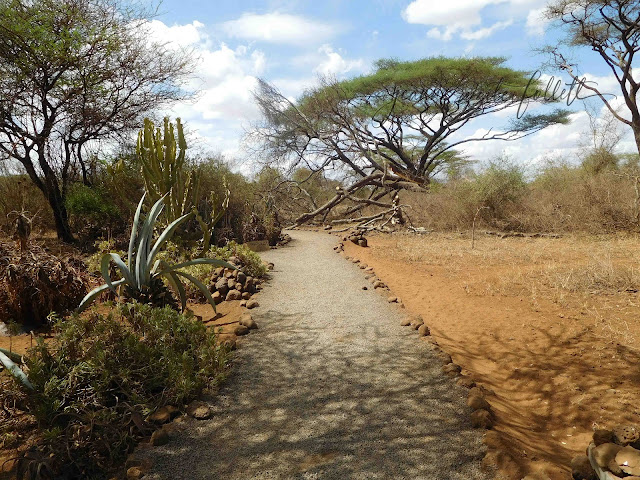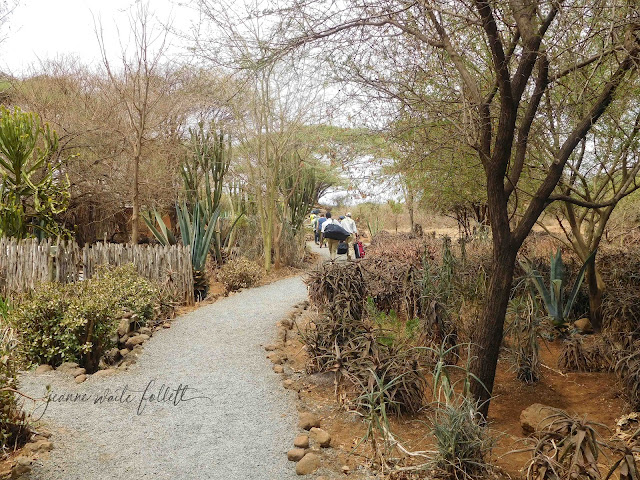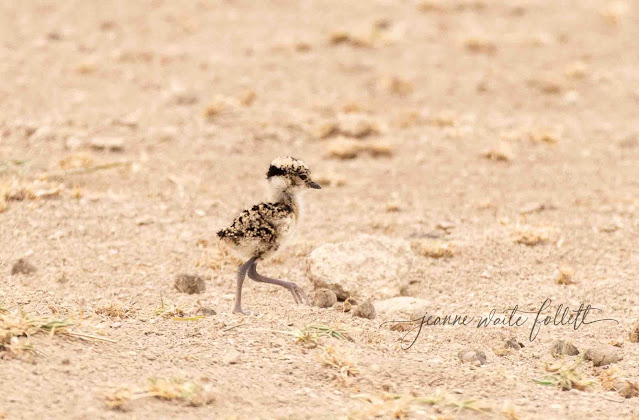Chapter 5:
One Life amid the Heartbreak
To me, it was one bird’s life I saved
But to the bird, it was everything~
An axiom paraphrased by Gullible
We leave the marsh area and travel the dusty roads of the park toward camp. Slowly but surely, the occasional carcasses of animals tell the story of what drought means here.
Now entering the fifth year of no substantial rainfall, Amboseli and surrounding areas are stricken. The village herders, the pastoralists, were given permission to graze their cattle, sheep, and goats within the park because there is no feed outside the boundaries. That reduces the amount of feed available to wild animals.
It is not a matter of “being rich” with large herds. The Maasai depend on their herds for their very lives. Traditional Maasai diets consist of milk, blood, and meat from their animals.
We drive past the dead animals and see vultures on some of the more recent ones. Occasionally, there is a carcass left un-scavenged. There are so many that the vultures, Marabou storks, eagles, and hyenas that usually clean them up have no need to rush or compete with each other. There is food a-plenty for all.
In fact, only the vultures, hyenas, and dust devils are thriving in this drought.
 |
| Near constant dust devils. |
 |
| I was astonished when I saw these sacred ibis and storks on a carcass. Actually, they were after insect larvae. |
 |
| A spotted hyena brings a wildebeest leg back to the den. |
 |
| Not from this wildebeest however. |
 |
| A white-backed vulture with two tawny eagles waiting their turn. |
We are quiet as we continue, slowly getting closer to the park gate and the road to Tawi Lodge where we are booked for four nights. Ahead of the Land Cruiser I see a bird lying in the middle of the road. It gets up and moves off to the side. I see something very small move with it.
When we are closer, I recognize a crowned lapwing. It is screaming holy hell at us.
We stop, take photos, and see two or three chicks scurrying around the dusty plain.
The vehicle moves ahead about 20 to 30 feet before it all comes together in my head. “Stop! Back up please.” Joseph carefully backs up on the left shoulder of the road.
“There! I thought so. There’s a chick in the middle of the road.” Huddled and looking completely miserable, the chick doesn’t move. I cannot believe that lapwing had a nest smack in the middle of the road and that it survived through incubation and hatching. This is one of the main roads in the park.
But, what other explanation is there? The chick apparently isn’t old enough to walk.
When I ask if there is something we can do (knowing that the next vehicle might run over the chick), Joseph gets out of the vehicle and uses a cloth to pick up the chick. He then places it on the berm off the road.
Finally, we reach the exit gate of Amboseli National Park.
We cruise a short distance on a hard-surfaced road and then turn left into the sand and dust onto a bumpy trail. Soon, after winding through sparse trees, small acacia and other bushes, we arrive at Tawi Lodge.
Marg, who arrived minutes before us, comes rushing over and says, “Hurry! There’s an elephant in the waterhole.” I reach for one of my bags and
All thoughts of helping unload luggage and bags are forgotten and I quickly follow Marg through the main building toward the waterhole.
Sure enough, there at the inlet to the small man-made pond is a large elephant enjoying a refreshing soak in water up to its belly.
 |
| The path to our cottage. |
The waterhole becomes the main attraction at this nice lodge. Every day different animals come to drink and we photographers, when we aren't in the field, spend a lot of time enjoying them. We are known to leap up from the dining table and rush out to the waterhole. We leave our cameras on an empty table in the dining area.
Marg and I are assigned to tent 5. She surrendered her single room status to make room for me on this trip, for which I am eternally grateful. The tent is a bit of a walk as the cottages (or tents), are spaced to provide privacy from each other.
They are a hybrid--part solid walls and part canvas fronts.
 |
| Off we go with our bag-bearers. |
 |
| Our room. Mosquito netting is pulled around the beds at night. |
 |
| Looking toward the bathroom. |
 |
| The bed I choose. It's right next to a zip up window and we open the canvas at night. |
 |
| The resident warthogs |
 |
| Lunch. I think this was chicken curry and I tried to cut the fire with rice. |
 |
| Another resident |
 |
| Dessert |
 |
| Giraffe at the waterhole |
 |
| Giraffe at the waterhole |
 |
| Solar water heater. |
 |
| The turn off to our tent. I tried to put all these camp photos in order but Blogspot isn't allowing that for some reason. |
 |
| The back side of our hybrid cottage/tent. |
 |
| The name of our tent |
 |
| The from of the tent. Not much time to spend here but we did enjoy it. |
 |
| Again, because Blogspot won't let me cut this photo. |
 |
| Impala were always in camp. There's a beautiful stag against the building. |

An appetizer, I think. Don't recall what it was, but it was delicious.
















A very touching introductory statement. I've read a passage about a man on the beach, filled with starfish who were washed up on the beach, carefully picking up starfish, one at a time, and throwing them back into the water. A passerby said "With all of the starfish on the beach are you making any difference? The good samaritan replied throwing one back into the water, "It made a difference to that one !" Nice rescure of the young chick in the middle of the road Gullible ! Sad too in that, as your write, another predator may swoop in on the poor chick. Life out there IS brutal ! Wonderful accomodations. Cap and Patti
ReplyDeleteAnother wonderful story, Jeanne!! I always enjoy reading about your trips! Good work on rescuing that bird. You did your part to make a difference.
ReplyDelete